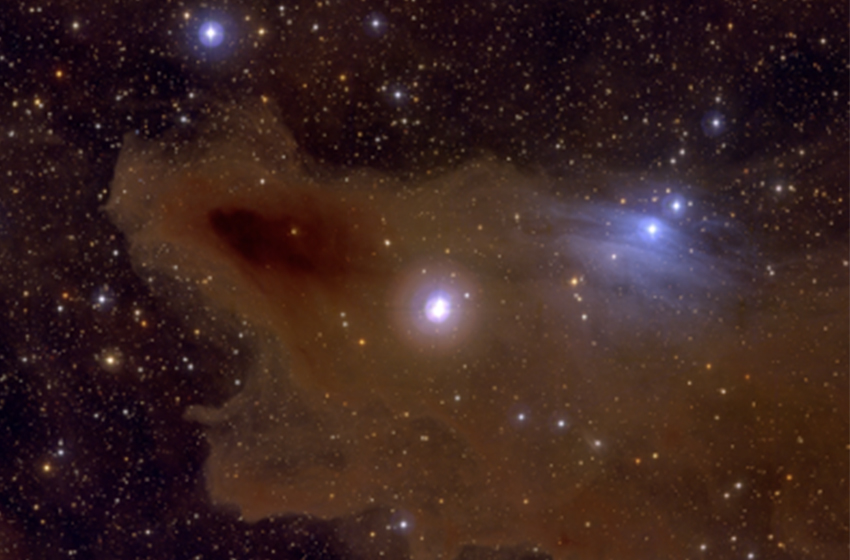Am Montag (28.11.22) um 12.00 Uhr c.t. findet der nächste Termin unseres Physikalischen Kolloquiums statt.
Referentin ist Prof. Dr. Ludovic Van Waerbeke (University of British Columbia) zum Thema: „Why Is It so Difficult to Probe the Nature of Dark Matter?“.
Ninety years after the first hints of its existence, the nature of dark matter remains elusive. The only physical property firmly supported by observations is the „Cold“ aspect of dark matter. Decades of direct search experiments have helped to reduce the range of some parameters of the so-called Weakly Interacting Massive Particles (WIMPs) model, but no direct detection has yet been reported. In this context, the exploration of dark matter models, other than WIMPs, has gained momentum.
The WIMPs model is based on fundamental assumptions, assumptions which are generally not questioned although not supported by direct observations. Abandoning them opens the path to alternative models of dark matter, but in order to be credible, these models have to predict specific signatures. The coming era of large scale surveys (Euclid, Rubin, Roman, SKA, etc…), going to probe to unprecedented depth and resolution the entire electromagnetic spectrum, from radio to gamma-ray wavelengths, might be the best opportunity astronomers ever had to test the electromagnetic signature of dark matter.
In this talk, after reviewing the assumptions behind the WIMPs paradigm, I will introduce the Axion Quark Nugget model. No wild extension of the standard model of particle physics is needed, other than the existence of the QCD axion. The axion field triggers the formation of two types of nuggets, matter and antimatter, at the quark-hadron phase transition. These nuggets would constitute the dark matter we observe today. The interactions between baryonic matter and the antimatter nuggets lead to a variety of predictable electromagnetic signatures. There are hints that some of them might have already been seen, and some others are within reach of upcoming surveys.
Abstract Vortrag Prof. Dr. Ludovic Van Waerbeke
Die Einführung erfolgt durch Prof. Dr. Hendrik Hildebrandt.
Die Fakultät lädt alle Interessierten herzlich ein. Die Veranstaltung findet im Hörsaal HNC 10 und hybrid via Zoom statt. Vor dem Kolloquium bieten wir Ihnen Kaffee und Kekse an.
Über diesen Link gelangen Sie zur Zoom-Veranstaltung (Meeting–ID: 632 5520 9938, Passwort: 526977). Alle Termine des Physikalischen Kolloquiums finden Sie hier.


